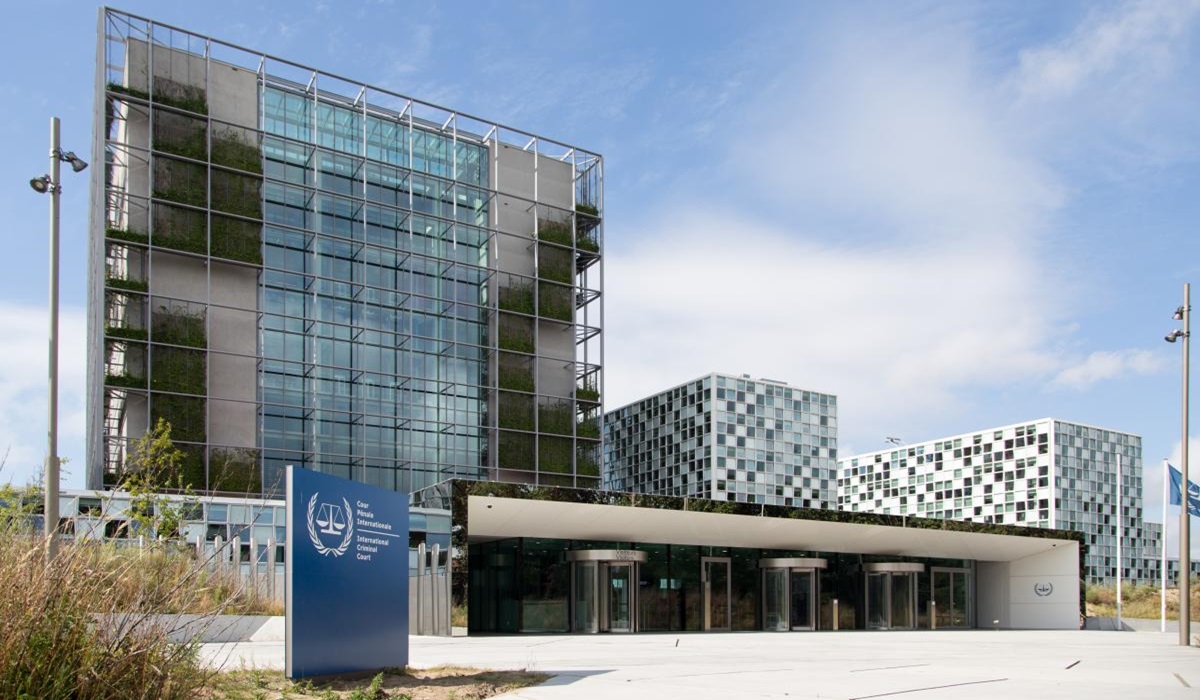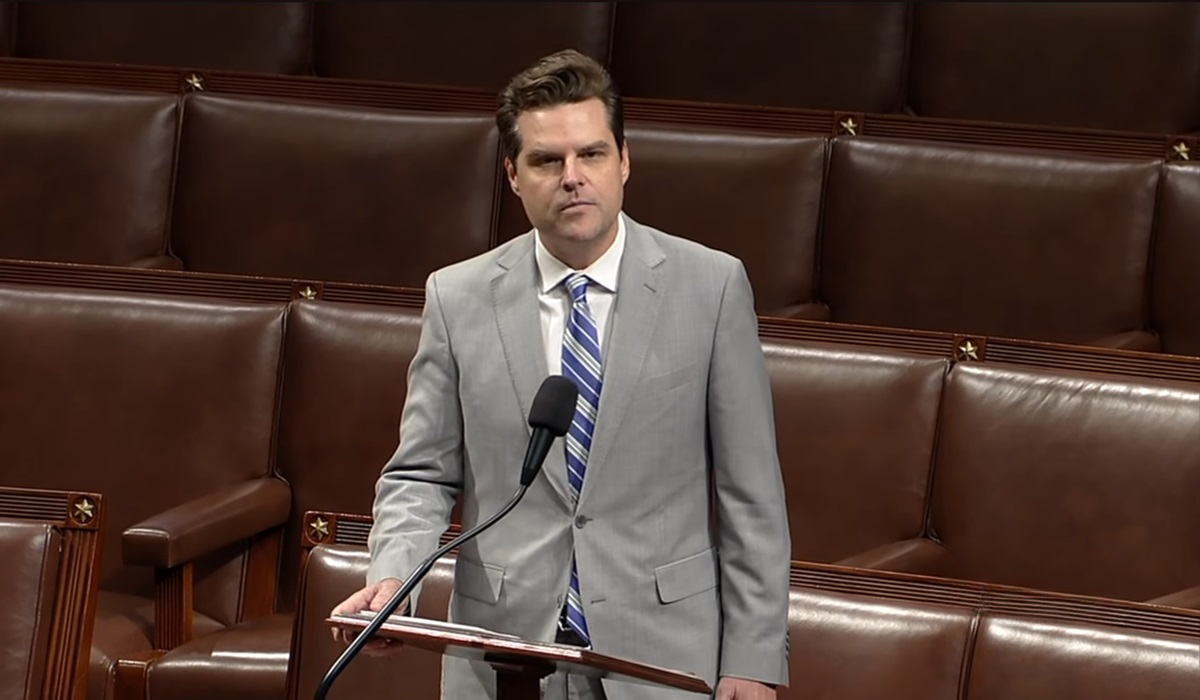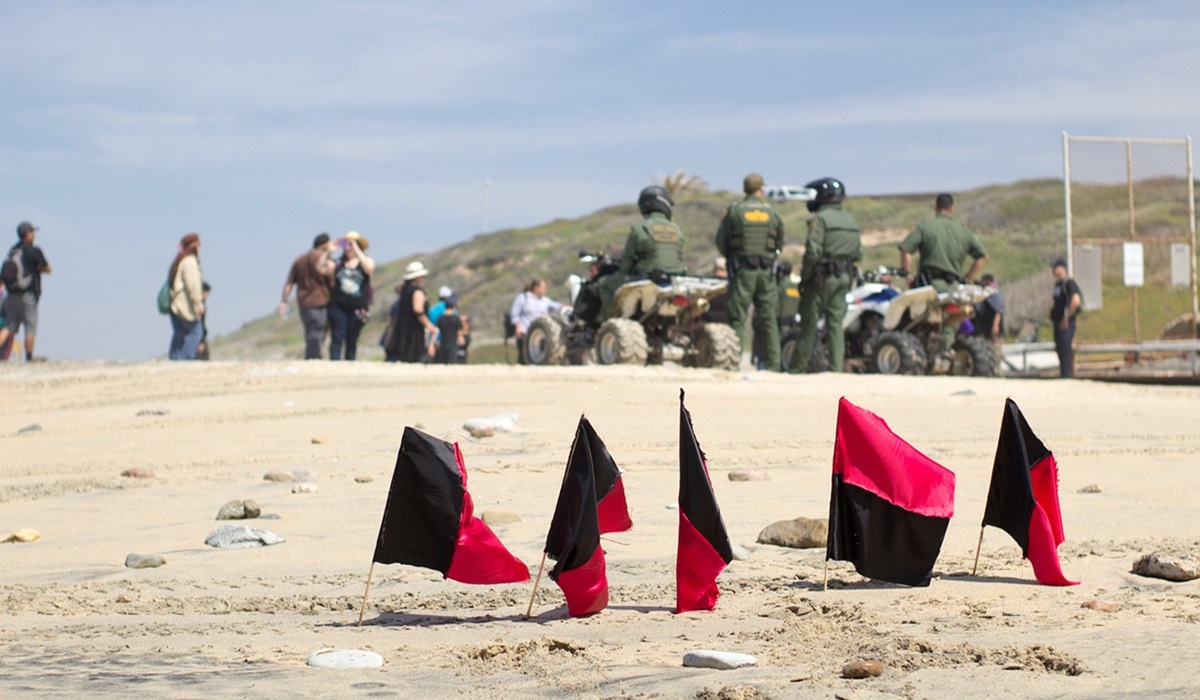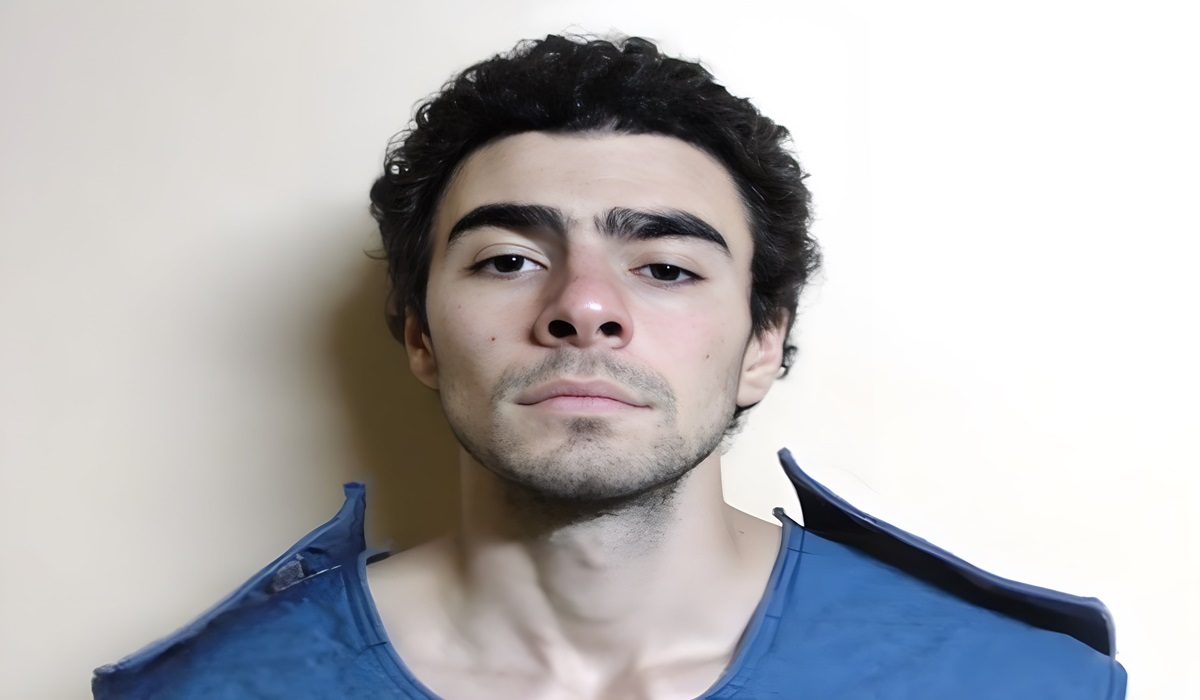The ICC’s Landmark Arrest Warrants for Netanyahu, Gallant, and Deif
- TDS News
- Breaking News
- November 21, 2024

Image Credti, ICC
The International Criminal Court’s recent actions against leaders on both sides of the Israeli-Palestinian conflict have brought the issue of justice in warfare into sharp focus. On November 21, 2024, the ICC issued arrest warrants for Israeli Prime Minister Benjamin Netanyahu and former Defense Minister Yoav Gallant, alongside a separate warrant for Mohammed Diab Ibrahim Al-Masri, also known as Mohammed Deif, the leader of Hamas’ military wing. These warrants are significant, not only for their legal implications but also for their potential to reshape the discourse on accountability in international conflicts.
For Netanyahu and Gallant, the charges stem from alleged war crimes and crimes against humanity committed during Israel’s military operations in Gaza from October 2023 to May 2024. The ICC accuses them of employing starvation as a weapon of war, targeting civilians, and systematically depriving Gaza’s population of access to essential goods such as food, water, and medical aid. These actions reportedly resulted in widespread suffering and contributed to a humanitarian catastrophe.
Mohammed Deif, meanwhile, faces charges for his alleged role in orchestrating the attacks on Israel on October 7, 2023. The assault, involving mass killings, abductions, and reported sexual violence, targeted both civilian and military sites, including the Supernova music festival. The ICC alleges that Deif, as the top commander of Hamas’ al-Qassam Brigades, bears responsibility for these crimes, which are characterized as both war crimes and crimes against humanity.
The ICC’s actions against leaders from both Israel and Hamas highlight its commitment to impartiality, but they have also sparked controversy. While some countries and organizations have praised the move as a step toward justice, others have criticized it as politicized or biased. The United States, a key ally of Israel, has dismissed the warrants, with Washington denouncing them as baseless and questioning the ICC’s jurisdiction. Israeli officials, including Netanyahu, have condemned the Court, with accusations ranging from anti-Semitism to overreach.
Canada’s position has been ambiguous. Prime Minister Justin Trudeau has previously expressed skepticism about the ICC’s jurisdiction in Palestine while supporting its rulings in other contexts, leading to criticism of inconsistent principles. However today, he did provide a somewhat what crypted response to a journalist asking if Canada would abide by the court’s decision and arrest Netanyahu should he land on Canadian soil. “We are one of founding members of the international criminal court International court of justice we stand up for international law and we will abide by all the other regulations and rulings of the international courts this is just who we are as Canadians.” Said Trudeau
The Canadian Prime Minister is feeling the heat from his caucus calling for his resignation amidst the 2025 election and has lost tremendous support from minorities, especially of Muslim and Palestinian heritage. In contrast, many European nations have voiced support for the ICC’s role, emphasizing the need for international mechanisms to address grave violations of humanitarian law.
The enforcement of these warrants remains a significant challenge. Neither Israel nor the United States recognizes the ICC’s authority, and both are non-signatories to the Rome Statute. This limits the Court’s ability to act independently, as it relies on the cooperation of member states to execute arrest warrants. Netanyahu and Gallant, as high-profile figures, are unlikely to surrender willingly, and Deif’s status—whether alive or deceased—adds further complexity to his case.
The ICC’s decision also underscores broader questions about the effectiveness and reach of international justice. While the issuance of warrants is symbolically powerful, the absence of a robust enforcement mechanism weakens the Court’s ability to hold perpetrators accountable. Moreover, the polarized reactions to these cases reveal the difficulties of navigating geopolitical interests while upholding the principles of international law.
For victims of the conflict, these warrants offer a glimmer of hope for justice but also underscore the arduous journey toward accountability. The Court’s actions reflect an acknowledgment of the immense suffering endured by civilians on both sides, whether in Gaza, under a blockade, or in Israeli communities, facing attacks.
This pivotal moment in international justice demands a reevaluation of how the global community addresses impunity in conflicts. The ICC’s willingness to tackle alleged crimes by leaders from opposing sides of the same conflict demonstrates its impartial mandate. However, realizing justice will require not only legal proceedings but also political will and international cooperation.
As the world observes the unfolding implications of these charges, one thing is clear: accountability in warfare is not merely a legal issue but a moral imperative. The ICC’s actions, though fraught with challenges, are a testament to the enduring pursuit of justice in the face of complex and deeply entrenched conflicts.








